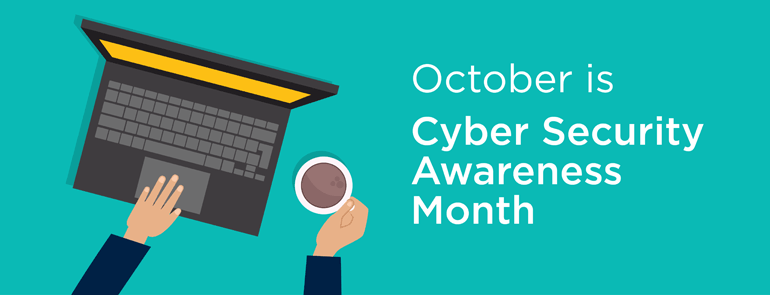Wire fraud is one of the fastest growing cybercrimes in the United States.
An emerging financial cyber threat called business e-mail compromise (BEC) is a multifaceted global fraud scheme that targets businesses and their clients. Highly sophisticated techniques include spear-phishing, social engineering, e-mail spoofing, identity theft, and the use of malware. Cybercriminals forge the identity of a company or an employee or person you know. The cybercriminal will send you an email with new wire instructions to the criminal’s bank account.
Please read our 10 tips to protect yourself from cybercriminals.

1. Prior to wiring any funds, you should contact your escrow officer using a verified telephone number and confirm that the wiring information is accurate.
2. Do not send any sensitive financial information via e-mail without encrypting the information first in your email service provider.
3. Clean out your e-mail account on a regular basis. Your e-mails may establish patterns in your business practice over time that hackers can use against you.
4. Change your usernames and passwords on a regular basis.
5. Never click on any links in an unverified email. In addition to leading you to fake websites, these links can contain viruses and other malicious spyware that can make your computer – and your transactions – vulnerable to attack.
6. Never conduct business over unsecured public wifi such as those available at your local coffee shops and hotels.
7. Trust your instincts. Tell clients if an e-mail or a telephone call ever seems suspicious or “off,” that they should refrain from taking any action until the communication has been independently verified as legitimate.
8. Make sure to install the most up-to-date anti-virus software installed on your computers.
9. Do not rely on telephone numbers or Web site addresses provided within an unverified e-mail.
10. Insist all parties in the transaction have these security measures in place, as well.


